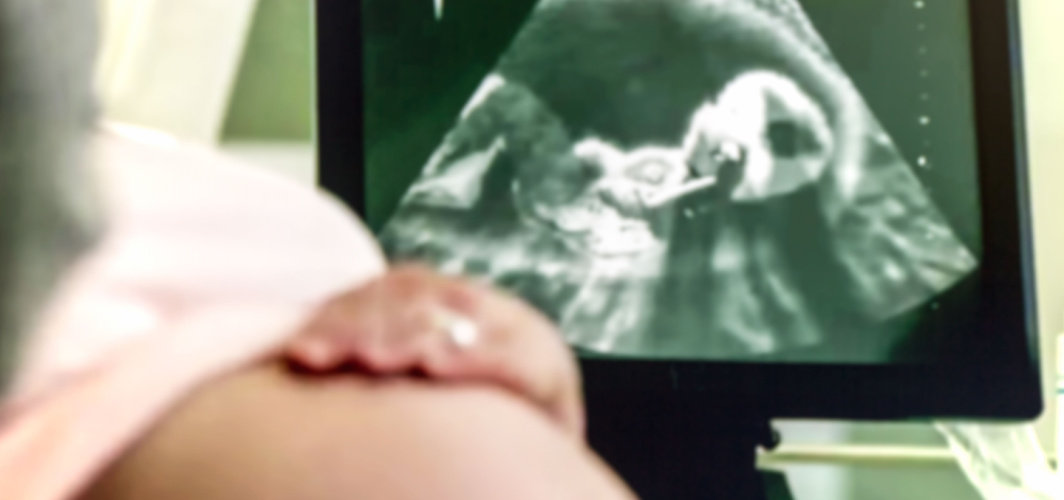- Home
- Blog
- Mom & Baby Care
Back Pain During Pregnancy: Normal or Abnormal?
Mom & Baby Care
Back Pain During Pregnancy: Normal or Abnormal?
By - 08 February 2023, Updated on -17 February 2023
Share this article
0
1 like

Backache is a common pregnancy ailment, especially in the later months of pregnancy. After the baby is born, the pain usually subsides. However, many women experience back pain for months following the delivery.
You can blame your aching back on your growing uterus. Your uterus expands, shifting your center of gravity and stretching and weakening your abdominal muscles. This alters your posture and strains your back. Furthermore, carrying extra weight entails more work for your musculature and doubled stress on your joints. This is why, at the end of the day, your back may feel worse.
The culprit behind your back pain
Yes, pregnancy hormonal changes can play a role in back pain. A hormone relaxes the ligaments in your pelvic joints to make them more flexible in preparation for the baby's passage through the birth canal. Back pain can develop if the joints become overly flexible.
What can be done to relieve back pain while pregnant?
You can do several things to prevent or alleviate back pain. Wear supportive shoes and clothing. When sitting, sleeping, or lifting things, pay close attention to your posture. If you must stand for an extended period, place one foot on a stool or even a box to relieve strain on your back. You can also use heating and cooling pads to relieve sore muscles.
What could you wear to support your back?
Look for a garment that provides abdominal support. It resembles a girdle and relieves the weight of your stomach on your back muscles. In addition, some maternity pants have a wide elastic band that fits under your belly's curve to try to support its weight. Order them from Apollo Pharmacy anytime anywhere.
Footwear for better support
Wear walking or athletic shoes with low-heeled (but not flat) heels and good arch support. High heels cause your body to tilt forward as well as strain the muscles of the lower back.
Safety measures
- Squat down, bend your legs, and maintain a straight back if you need to lift something. To pick up items, do not bend at the waist.
- Later in pregnancy, sleeping on your side is preferable. Maintain one or both knees bent. A pillow between your knees and the other under your belly may also be beneficial. You could also consider a full-length body pillow.
- For sore back muscles, use a warm compress or a warm water bottle. Heating pads must be set to the lowest temperature possible. To avoid burns, wrap your warm compress or warm water bottle in a towel. Cold compresses can also help relieve pain. Limit the amount of time you use either heat or cold.
Alarming signs and symptoms
Back pain can indicate pregnancy complications. Back pain, for example, can be a sign of preterm labor. Pain can also indicate a urinary tract infection (UTI). In addition to back pain, reach your ob-gyn and another obstetric healthcare professional if you:
- Have a fever.
- Feeling of burning while urinating.
- Experienced vaginal bleeding.
Can exercises help with back pain during pregnant?
Yes! Back exercises can help:
- Muscles that support your legs and back should be strengthened and stretched.
- Encourage good posture.
- Maintain the strength of your back, belly, hips, as well as upper body muscles.
- Assist in relieving back pain.
- Assist you in preparing for labor and childbirth.
Water exercise is especially beneficial for back pain. The water supports your weight, keeping you safe from injury and muscle strain. Many women swim through their pregnancies
Is it necessary to take supplements?
- A healthy diet is essential and ought to provide you with the additional nutrients you require. However, some pregnant females could require nutrient supplements in addition to folic acid, iodine, and vitamin D.
- Mother's Horlicks contains 25 essential nutrients and is intended for pregnant and lactating women. It contains micronutrients known to maintain a stable baby's birth weight, DHA and choline for brain development, and calories to aid meet the increased energy demands of pregnancy.
- Along with this, an expecting mother should also include supplements curated specially for women that will help in maintaining overall health during pregnancy.
- Lactation supplements, which can boost the process of lactation in mothers who seem to have less flow of breast milk can be extremely beneficial. Get all the supplements during pregnancy from Apollo Pharmacy at your doorstep.
Bottom line is
Before consuming any prescription or over-the-counter medication, pregnant women must always consult their healthcare provider. Women who are taking pain relievers and are thinking about getting pregnant should talk to their doctors about the dangers and advantages of the medication.
Services
Mom & Baby Care
Leave Comment
Services
Recommended for you

Mom & Baby Care
What Nutrients Are Present In Breast Milk?
Discover the amazing components of breast milk, tailored to provide the best nutrition and immunity for your precious little one.

Mom & Baby Care
How To Confirm Pregnancy In The First Month?
Know everything about early pregnancy detection. Starting from detecting symptoms to choosing the right pregnancy test and seeking advice from healthcare experts, this exclusive guide will equip you for a confident and happy pregnancy journey.

Mom & Baby Care
What Happens If The Umbilical Cord Wraps Around The Baby’s Neck In The Womb?
A nuchal cord is a common condition in which the umbilical cord wraps around the foetus' neck. Although it may sound scary, it is a common condition and usually harmless.
Subscribe
Sign up for our free Health Library Daily Newsletter
Get doctor-approved health tips, news, and more.

